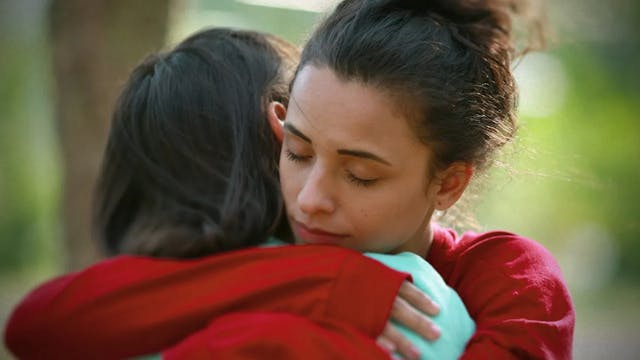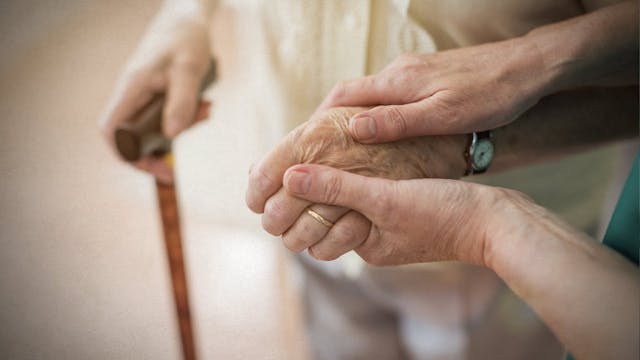Estate planning is the process of taking inventory of material possessions and providing for the people we leave behind after death, especially children or other people we are responsible for.
Preparing an estate plan involves creating an inventory of our possessions, planning for what will happen to our assets after death, and protecting our family members. Generally, an estate plan provides a lawyer with documents, specific instructions, and declarations regarding the care or transfer of our possessions should we become incapacitated—mentally or physically—or pass away.
“It’s very important to have an estate plan if you want any say in how your assets are distributed and who they’re distributed to.”
When we die, there are three primary ways assets can transfer: through a will, state statute, or contract agreement, such as a living trust or a beneficiary designation. A good estate plan handles both medical and financial matters.
Estate planning is the process of taking inventory of material possessions and providing for the people we leave behind after death, especially children or other individuals we’re responsible for.
Up Next in Supplemental Videos
-
How Do I Mourn With Someone?
The best way to mourn with someone is to focus on being present with the person, walking with them in their grief. Rather than offering platitudes, we should ask questions about their loved one, giving our grieving friend an opportunity to talk about and remember them.
When someone we love is ...
-
What Happens at a Catholic Burial?
The final part of the funeral—the committal—takes place at the graveside, then the body is laid to rest.
After the funeral Mass concludes, the body is often immediately interred in its final resting place at the cemetery. Funeral attendees follow the hearse in procession to the grave, which is...
-
What Does Hospice Do?
As part of its mission to help Catholics understand, live, and share their faith, the Augustine Institute encourages individuals and families to think about and prepare for death.



